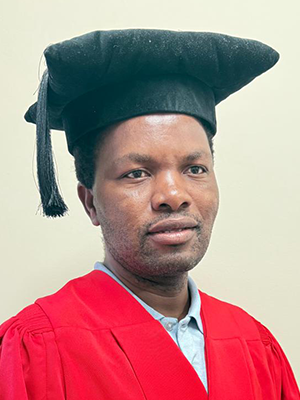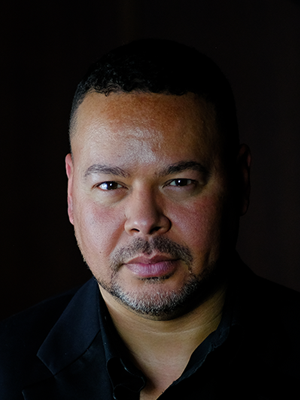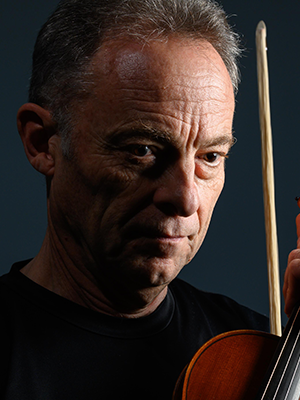
Prof Rodwell Makombe
Making sense of the Second Republic in Zimbabwe through laughter: the poetics and politics of resistance after Mugabe (read more)
Prof Rodwell Makombe
Making sense of the Second Republic in Zimbabwe through laughter: the poetics and politics of resistance after Mugabe
The research area of Digital HumanThe fall of Robert Mugabe, Zimbabwe’s long-time strongman, through a military-assisted coup in November 2017 was a landmark event that attracted a lot of media attention both locally and internationally. When Robert Mugabe fell, the architects of the coup framed his demise as a watershed moment that marked the end of tyranny and the beginning of a new dispensation of political liberalisation and economic prosperity. However, seven years after Mugabe’s fall, little to nothing has changed in the country’s fortunes. If anything, the situation seems to be getting worse. This lecture is an attempt to make sense of the politics of the Second Republic through a critical “reading” of social media comedy, a genre which has become ubiquitous in post-Mugabe Zimbabwe. Could it be a coincidence that the Mnangagwa presidency has come to be defined by a comic cultural aesthetic, which has effectively eclipsed the book culture and intellectual dogmatism of the Mugabe era? The overarching question that this lecture seeks to tease out is: How can comedy, a genre which is often associated with fun and entertainment, help us to make sense of (and/or theorise) the politics of the new political order in Zimbabwe?

Prof Conroy Cupido
Singing and well-being, exploring applications towards flourishing (read more)
Prof Conroy Cupido
Singing and well-being, exploring applications towards flourishing
This inaugural lecture explores the transformative potential of music in fostering emotional well-being, personal transcendence and self-actualised teaching. Drawing from research in positive psychology, music and well-being, the presentation examines how musical engagement nurtures human flourishing and meaning making. The lecture highlights the capacity of music to transcend the ordinary, offering a reflective lens through which we can understand ourselves and our connection to others. Featuring live performances by students and staff of the NWU School of Music, the event offers a synthesis of scholarly insight and artistic expression. Hosted by the Faculty of Humanities and the executive dean, this lecture invites attendees to share in this celebration of the power of music to elevate and transform.

Prof Piet Koornhof
Expressive musical performance (read more)
Prof Piet Koornhof
Expressive musical performance
This inaugural lecture explores the characteristics of expressive musical performance as a discipline with both objective and subjective dimensions. It argues that expression is informed by musical meaning embedded in the score, and follows fundamental principles that allow for varied application, resulting in individualised performances. It lays out the elements of sound and time that are the expressive devices used by performers to convey emotion. The lecture is followed by a performance of one of the greatest works ever composed for the violin: the sonata in A major for violin and piano by César Franck, in four movements. The pianist joining Prof Koornhof in the performance is Prof Tinus Botha.
